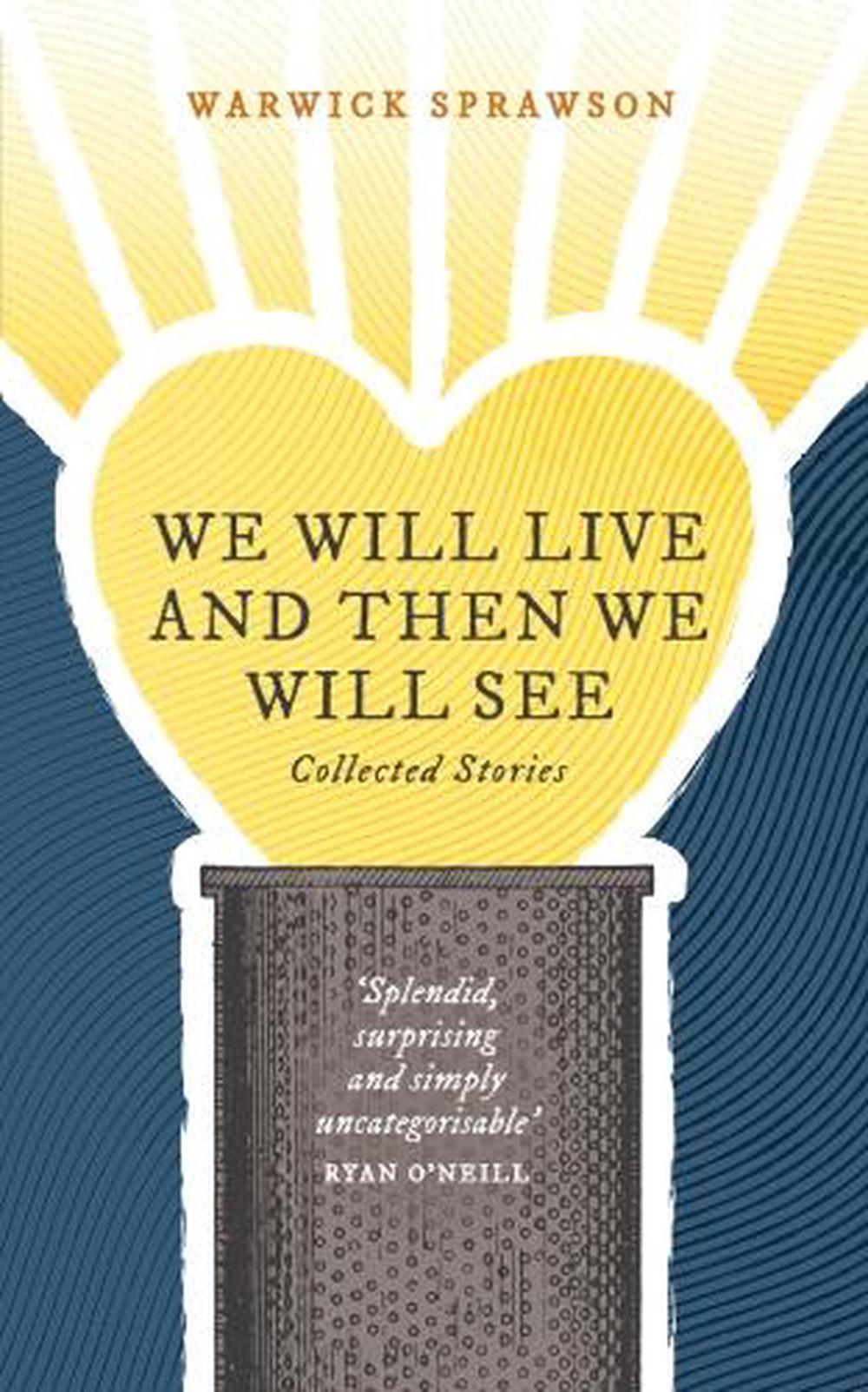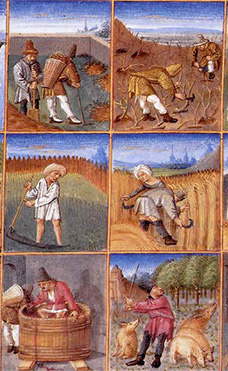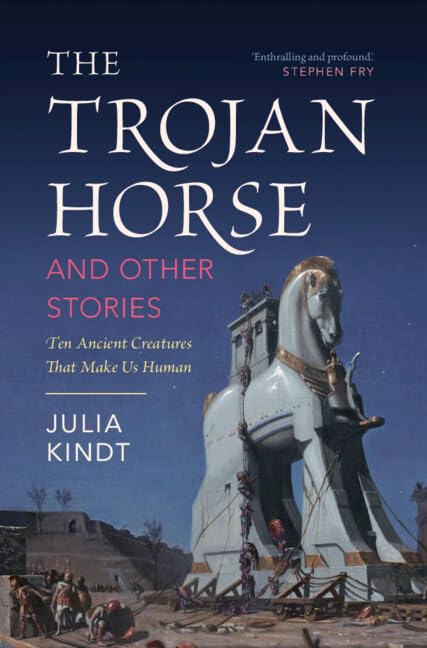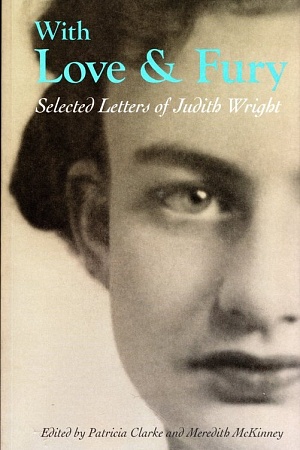'The Crystal Palace' by Lisa Gorton
– is made of windows
side by side and repeating the way two mirrors
face to face cut halls of light
back through their emptiness – Its façade,
like that version of desire which
feeds on absence, endlessly draws in sky –
Clouds sunk in glass advance
across its fret of cast-iron columns, incorporating it
in pale brightness till at its edge
they pour off vanishing – An hallucination
industry caught up with – plate-glass set
facet by facet into its vault of light –
‘It is, above everything, the science
of beauty’, wrote Mr Paxton, copying out in
upright iron the radiating rib and
cross-rib growth-pattern of veins
underpinning the leaf of that astonishing water lily
original to the bays and still waters
of the Amazon and its tributaries –
a leaf and flower of which, preserved in spirits,
John Company’s unworldly botanist Mr Spruce,
under contract to steal the means
of producing quinine – six-hundred plants,
a hundred-thousand seeds of the Chincona forests
of Western Chimborazo – sent back, remarking
how its leaf, ‘turned up, suggests some strange
fabric of cast iron’ – brought to flower at last
in an alien season inside a glass-house
replicating in large the infrastructure of its veins –
They named it Victoria Regia, whose ‘dearly beloved consort’
commanded this inventory of an Empire
or hoard of wreckage closed in glass –
Uncovered ground, bare-iron pillars,
a confused pile of scaffoldings – At its centre
the skeleton of its great transept arch –
then columns, then girders spanned across
its naked distances and hanging bays of glass
inventing aisles with staircases
to second-storey galleries inclosing even
its elms, as still as reproductions,
and sparrows nesting in their leaves –
Its crystal fountain is glass and elaborates itself
up through complications of fluted column
and lily-flower-shaped cup to where water
pours back from the idea of water –
Mr Paxton thought to set the floorboards
an half-inch apart so the women’s skirts
could sweep the floor clean as they passed –
Overhead clouds, like images
in the mind of a reader, replace themselves
time and again against its glass –
A steam engine dragged in by sixteen horses,
a column of coal from Newcastle,
sixteen-tonne weight, the crane that raised
the suspension bridge at Bangor, the iron ore
and the Sheffield blades, the elephant’s tusk
and Indian carvings in ivory, classic marbles of Paros
and Hiram Power’s Greek Slave, the cotton mills
and cloths of finest texture, tail of a wolf
and soft fine fur of the badger, plumes
of the ostrich and raiments of the camel’s hair,
antique silks as heavy as armour, armour
of close-worked chain, a battle-axe finely
inlaid with silver, Winchester’s patented revolving
turret rifles, an ormolu clock that runs for a year,
the Koh-i-noor or ‘mountain of light’
inside an iron cage, and Bontem’s prize-winning
automaton humming-birds that in their glass-
shades flit from branch to branch, opening
their wings and beaks of gold, and sing –
The Iron Duke had his answer to the question of the nesting sparrows.
‘Sparrow-hawks, Ma’am.’
Lisa Gorton
This poems ‘The Crystal Palace’ and ‘Mirror, Palace’ include phrases and descriptions from John Tallis, Tallis’s History and Description of the Crystal Palace and the Exhibition of the World’s Industry in 1851 illustrated with beautiful Steel Engravings from Original Drawings and Daguerreotypes by Beard, Myall, etc. etc. (John Tallis and Co., New York and London); from John Fisk Allen, Victoria Regia, or the Great Water Lily of America with a Brief Account of its Discovery and Introduction into Cultivation: with Illustrations by William Sharp from Specimens Grown at Salem, Massachusetts, U.S.A (Dutton and Wentworth, 1854); from Leigh Hunt’s Journal: A Miscellany for the Cultivation of the Memorable, the Progressive and the Beautiful, No 1. December 7, 1850 (no 17, March 29, 1851); from the Book of Ser Marco Polo: The Venetian Concerning Kingdoms and Marvels of the East, translated and edited by Col. Sir Henry Yule (London: John Murray, 1903); and phrases adapted from the Ivory Tablets of the Crow in the Art of the Ninzuwu (online); as well as from Coleridge’s Kubla Khan; Or, A Vision in a Dream, A Fragment.





